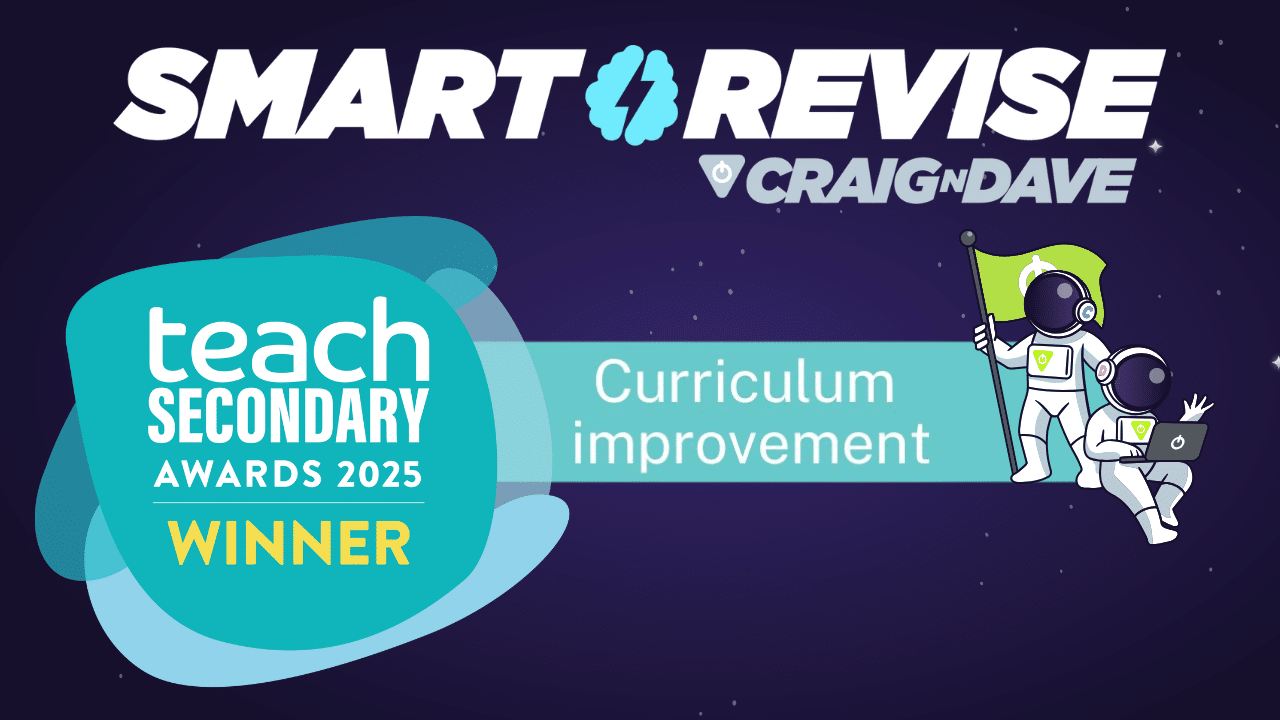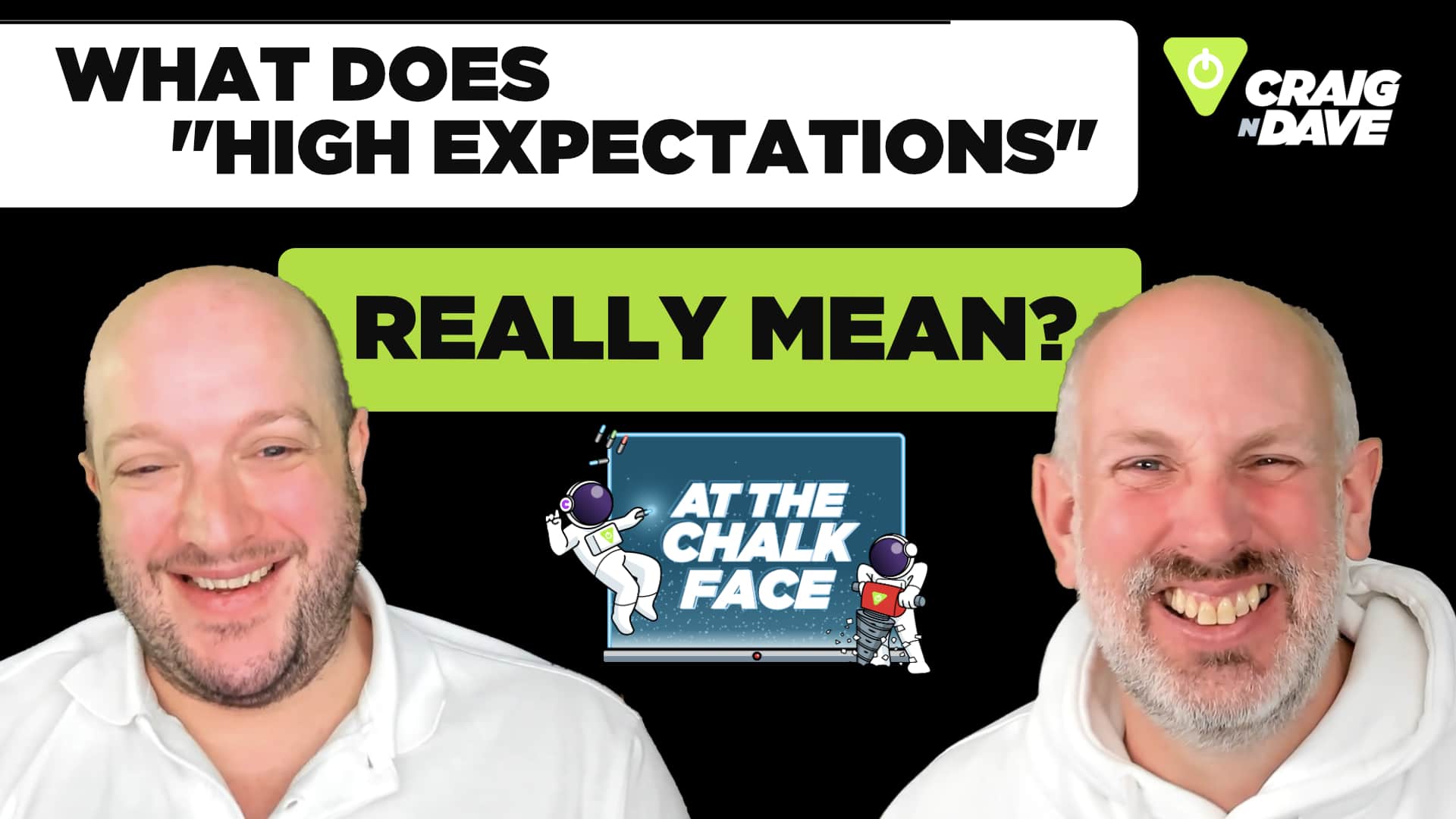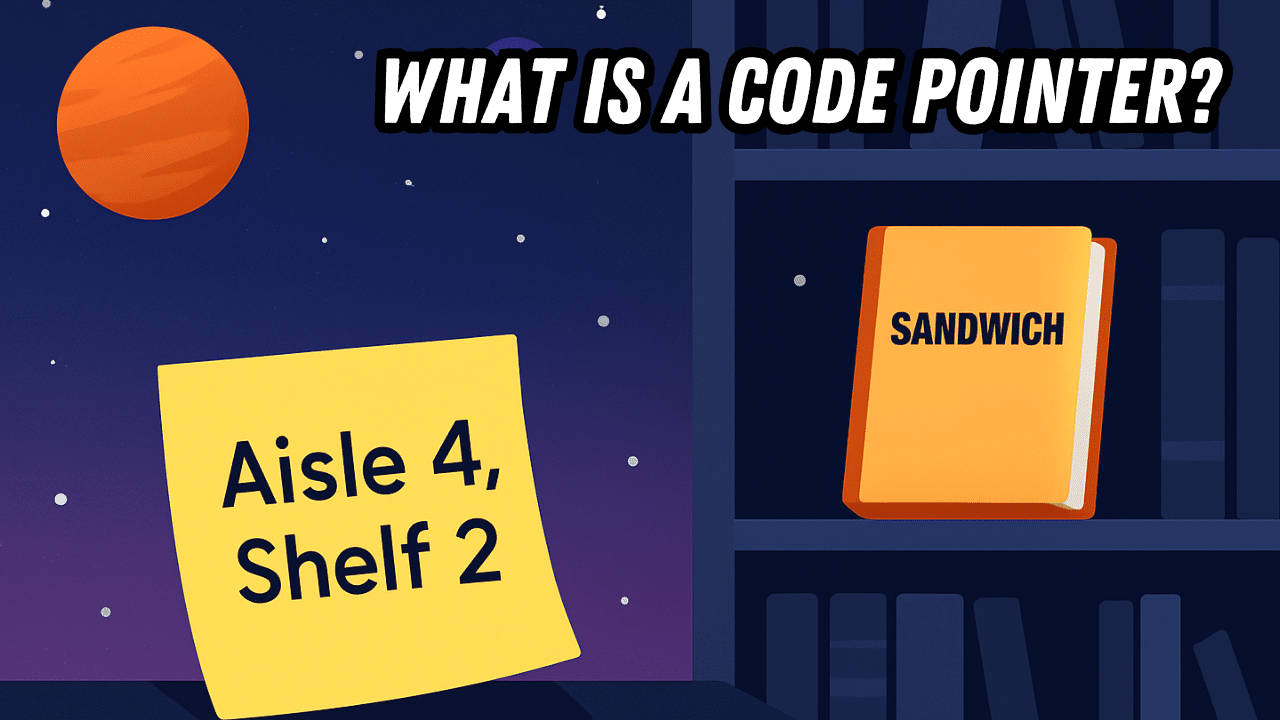
6 September 2025
Why reading belongs in the Computer Science classroom
In a recent article, an English teacher shared how short, focused reading sessions—just five to seven minutes long—can reignite a love of reading in disengaged students. Inspired by research from Stanford University, Erin Miller trialled one-to-one reading interventions with her Key Stage 3 students and saw a noticeable shift in their attitudes toward reading. The simplicity of the approach is striking: minimal interruption, targeted support, and a consistent routine. But what does this have to do with computer science?
Quite a lot, actually.
Reading for pleasure: more than just literacy
It’s tempting to think that once students can read well enough to access the curriculum, the job is done. But reading for pleasure goes far beyond basic literacy. It’s a gateway to:
- Vocabulary growth: Words like concatenate, iterate, and recursion are common in programming but rare in everyday speech. Students who read widely are more likely to encounter and internalise these terms, making it easier to grasp abstract computing concepts.
- Improved comprehension: Understanding problem statements or even debugging messages requires stronger reading skills.
- Higher academic performance: OECD’s PISA studies consistently show that students who read for pleasure outperform their peers—not just in literacy, but in maths and science too.
- Cultural capital: Reading builds background knowledge, not only providing an opportunity to cement the curriculum in the real world but also helping students engage more meaningfully with others and with the world around them.
- Is reading just for English teachers?
Absolutely not. Just as every teacher has a role in developing digital citizens for our subject, every teacher—including in Computing—should be helping students become more literate. Whether it’s understanding ethical dilemmas in AI, exploring the history of computing, or simply following a tutorial, reading is foundational.
Fitting it in: A curriculum challenge
Yes, the curriculum is crowded. But reading doesn’t have to be a separate activity. It can be woven into existing routines:
- Replace a retrieval task with a short reading and reflection.
- Make a main task require students to read a paragraph before the activity can be undertaken. This might sound old-school, but it helps.
- Encourage students to read computing-related texts and share insights with peers.
One practical idea is to use Alan Harrison’s How to Learn Computer Science at A level. Ask students to read a chapter and prepare to discuss something they found interesting. This not only builds subject knowledge but also fosters scholarly habits.
For students with low literacy, reading can feel like a barrier rather than a gateway. So how do we support them without defaulting to overly simplified texts or assistive tools that risk becoming crutches? Scaffold don’t simplify. Pre-teach vocabulary, introducing key terms before reading. In computer science, words like algorithm or binary can be unpacked with visuals first. Chunk the text by using short, manageable passages.
Does AI Make Reading Redundant?
It’s true that AI can summarise texts instantly. But that’s not the point. Reading is about growth. AI can’t replicate the personal development that comes from wrestling with a challenging idea or discovering a new perspective. While tracking independent reading is harder in the age of AI, the benefits—confidence, curiosity, and competence—are worth the effort.
Building Habits That Last
Drawing on James Clear’s work on habit formation, we can help students make reading a regular part of their lives. Techniques like habit stacking (e.g., reading as part of homework) can make reading more automatic and enjoyable. This is where Craig’n’Dave resources help. Not only do students watch a video for homework, but the take-notes icon in the GCSE videos gives them a cue to read and write down what they see.
Ultimately, reading isn’t a luxury, it’s a necessity. If you read more widely around a subject it is a vehicle for synthesising many abstract concepts taught in isolation in class, making it one of the most powerful tools we can give our students.










